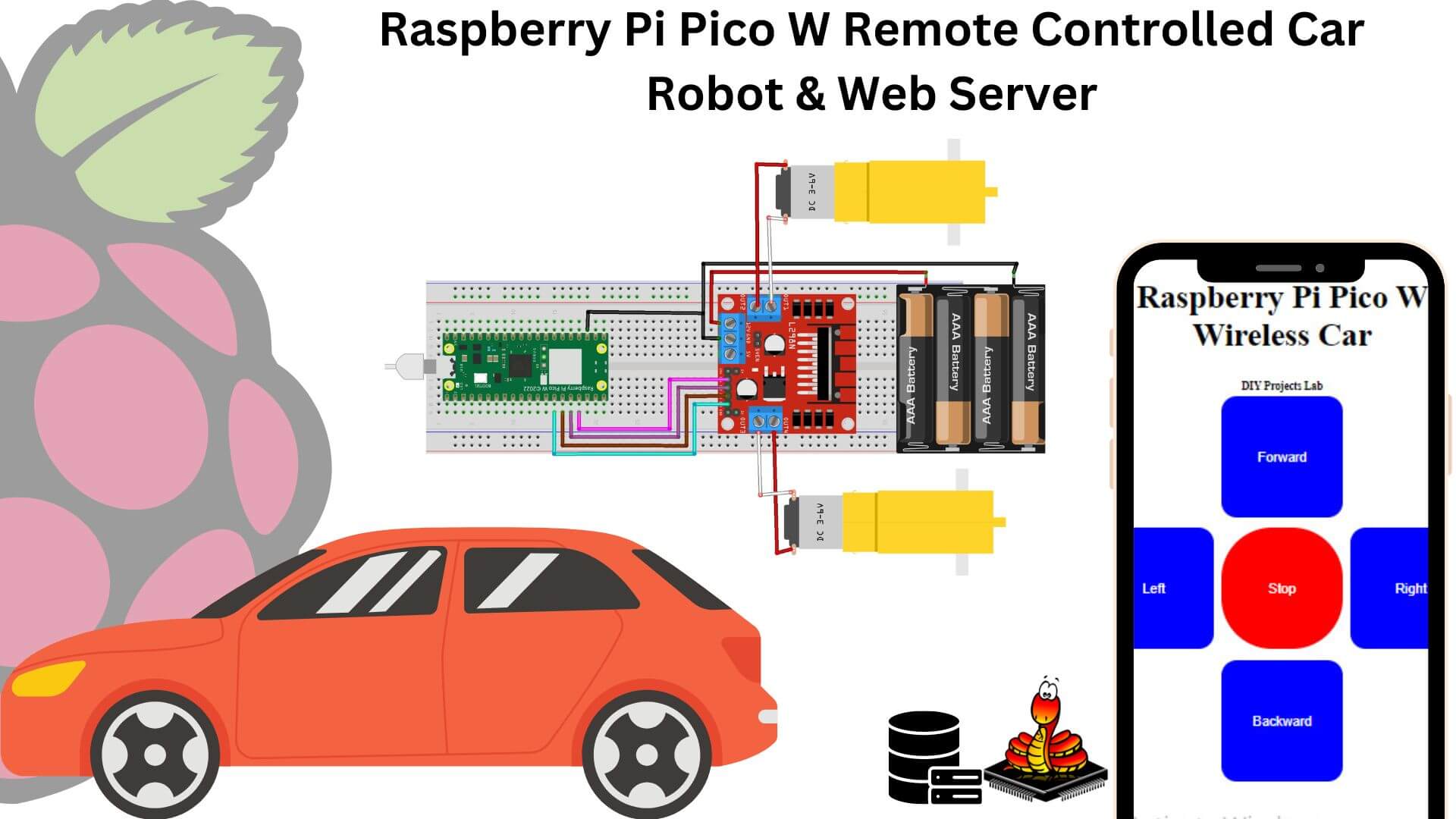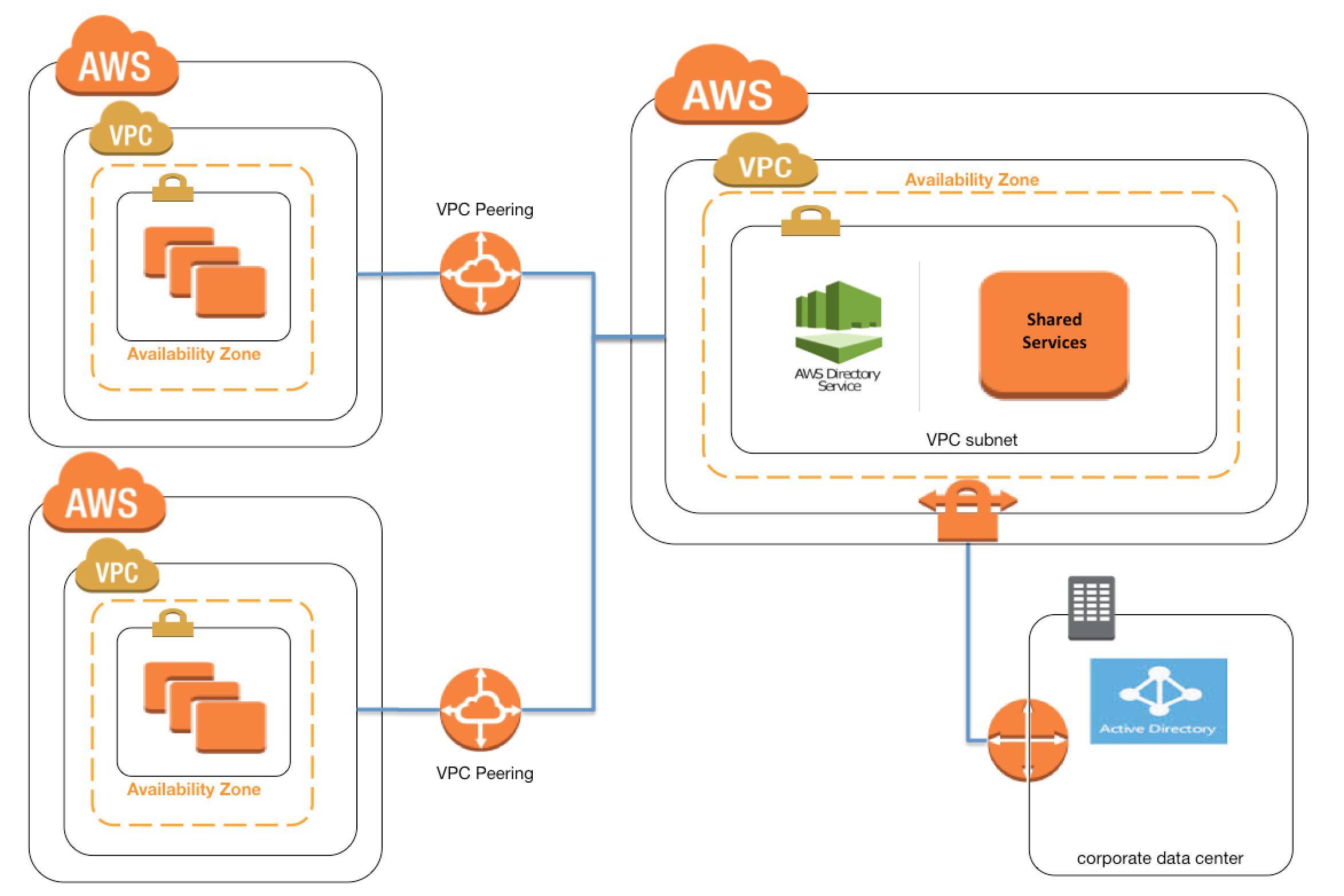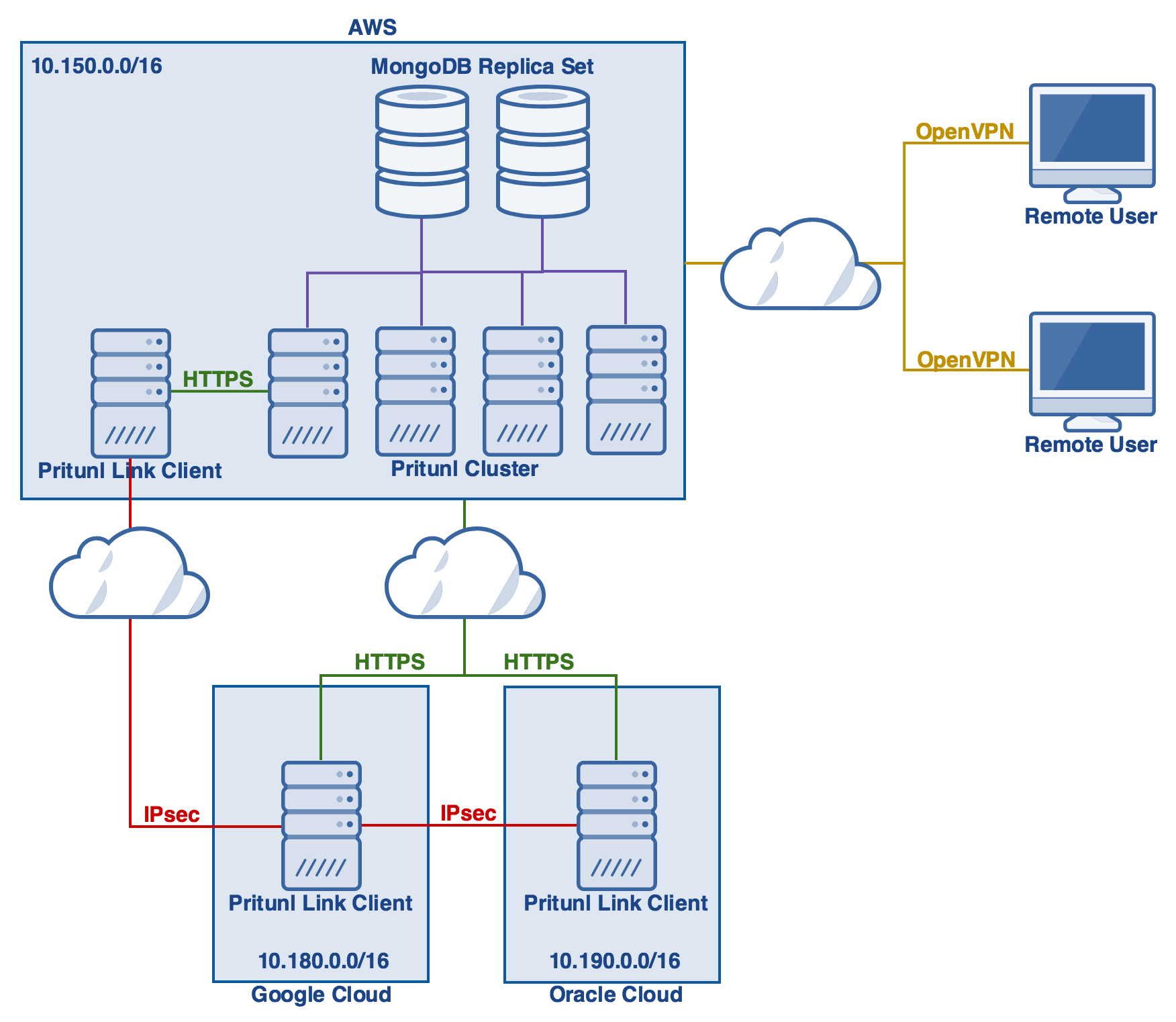Thinking about how to keep your Raspberry Pi projects connected and safe, especially when you're not right there with them? Many people find themselves wondering about the best ways to manage their internet-connected devices from afar, and it's a pretty common question for anyone building something with small computers.
Finding a good way to link your physical gadgets to the wider network can feel like a bit of a puzzle, with so many different tools and services out there promising to do the job. It's easy to get a little bit lost in all the choices, trying to figure out which one really fits what you need for your own projects or for your business, you know? There are just so many things to consider, and honestly, it can be a little bit much for anyone trying to make a good pick.
This look into remoteiot vpc will talk about what it offers, the good things it brings, and some things you might want to think about, giving you some helpful ideas to decide if it's the right path for your connected devices. We'll go over what it is, how it works, and what people generally say about using it, so you can get a pretty clear picture, more or less, of what you might expect if you decide to give it a go.
- Mkvmoviespoint Vegamovies
- Breaking Bad Hindi Dubbed Download
- Criminal Justice Web Series Filmyzilla
- Dear Zindagi Full Movie Download Filmyzilla
- Jurassic World Filmyzilla
Table of Contents
- What is Remoteiot VPC, Anyway?
- Why Bother with Remoteiot VPC for Your Raspberry Pi?
- How Does Remoteiot VPC SSH Work for Remote Access?
- Getting Started with Remoteiot VPC Review
- What Are the Good Points of Using Remoteiot VPC?
- Are There Any Things to Watch Out For with Remoteiot VPC?
- User Experiences with Remoteiot VPC SSH
- Making a Choice About Remoteiot VPC
What is Remoteiot VPC, Anyway?
When we talk about remoteiot vpc, we're essentially looking at a way for your Internet of Things devices, like a Raspberry Pi, to connect to a private space on the internet. It's a bit like having your own special, secure room in a very large building, where only your things can go, and they can talk to each other and to you without others listening in. So, remoteiot vpc stands for remote internet of things virtual private cloud, which, you know, is quite a mouthful, but it basically means a private, virtual area for your connected gadgets.
Think of it as a kind of private passageway between your physical computer boards and the larger network that lets them send and receive information. This means your Raspberry Pi, or any other small device you have set up, can communicate safely with whatever you want it to, whether that's another device, a program on your computer, or even a service running far away. It's a method that helps these small pieces of hardware join up with the bigger picture of what you're trying to achieve, virtually, in a pretty protected way, which is really quite useful, you see.
This particular service, remoteiot vpc, is made just for these sorts of gadgets, so it takes into account their specific needs. It's not just a general internet connection; it's a connection that is, in a way, made to fit the particular job of a Raspberry Pi or a similar device that collects or sends information. This focus means that the service is built with the unique demands of these tiny computers in mind, which, honestly, can make a pretty big difference in how well everything works together, don't you think?
- Cook Up A Storm Full Movie In Hindi Download 720p
- Web Series Hindi
- Filmyzilla Com Hollywood Movies
- Ullu Web Series Download Tamil
- Web Series Download In Hindi Filmyzilla Mp4moviez
Many people find that trying to get their small devices to talk to the internet in a safe and simple way can be a little bit of a headache. There are firewalls to think about, and different network settings, and it can sometimes feel like you need to be a network expert just to get a light to turn on from across the room. Remoteiot vpc tries to take some of that difficulty away, giving you a path that's more straightforward for your devices to reach their destination, without all the extra fuss, more or less, which is pretty good.
It's about giving you the ability to reach out to your physical hardware, wherever it might be, and get information from it or send instructions to it, all through this private virtual space. So, if your Raspberry Pi is sitting in your garage, collecting temperature readings, you could, with remoteiot vpc, check those readings from your phone while you're at work, or tell it to turn something off or on. It really does open up a lot of possibilities for controlling things from afar, which is, you know, a very handy thing to have.
Why Bother with Remoteiot VPC for Your Raspberry Pi?
So, you might be asking yourself, why go through the effort of setting up something like remoteiot vpc for your Raspberry Pi projects? Well, honestly, there are a few really good reasons that come to mind. One of the main things is getting to your device when you're not physically next to it. If your Raspberry Pi is in a remote location, or even just in another room, being able to connect to it and make changes or check on things without having to plug in a screen or keyboard is a huge help. It’s about having that freedom to manage your small computers from wherever you happen to be, which is pretty cool.
Another big reason, and this is quite important, is keeping your information safe. When your devices are sending data back and forth over the internet, you want to be sure that nobody unwanted can see what’s going on or mess with your systems. Remoteiot vpc is set up to create a more protected path for this communication. It’s like having a special, guarded lane on the information highway, just for your devices, which helps keep things private and secure, which is, you know, something we all want, especially with sensitive information.
Also, if you're working with more than just one Raspberry Pi, or if your project might grow to include many devices, managing them all can get pretty messy pretty fast. Remoteiot vpc is designed to help with that, making it simpler to keep track of a whole bunch of connected gadgets. It gives you a more organized way to see what each device is doing and to send commands to them, whether you have two or twenty, or even more. This makes it easier to focus on what your devices are actually doing, rather than spending all your time trying to get them to talk to each other, which, honestly, is a big relief for many people.
For businesses, especially, where there's a growing need to keep an eye on things from far away, or to control machines that are spread out in different places, remoteiot vpc has come up as a really strong option. With more and more companies wanting to monitor things like equipment in factories, or sensors in fields, having a way to do that that’s both safe and can handle a lot of devices is very valuable. It helps them keep their operations running smoothly, without having to send someone out to every single location, which, you know, saves a lot of time and effort.
So, in a way, it’s about making your life easier when it comes to managing your internet-connected projects, whether they are just for fun at home or for a serious business setup. It removes some of the common difficulties and worries that come with having devices out there on their own, giving you more peace of mind and more control. That, honestly, is a pretty compelling argument for looking into it further, wouldn't you say?
How Does Remoteiot VPC SSH Work for Remote Access?
When we talk about remoteiot vpc and how it helps with getting to your devices from afar, a big part of that is through something called SSH. SSH, or Secure Shell, is a method for connecting to a computer over an unprotected network, like the internet, in a way that keeps everything private. It's like having a secret, coded conversation with your Raspberry Pi, where only you and the Pi know what's being said, which is, you know, pretty important for security.
Remoteiot vpc uses this SSH method to give you that protected connection to your Raspberry Pi. Instead of your Raspberry Pi being directly exposed to the wide-open internet, it connects to this private virtual cloud. Then, when you want to reach your Pi, you connect to that same private cloud, and it acts as a go-between, safely passing your commands and the Pi's responses back and forth. This setup means your Pi doesn't need to have open doors on your home network for the whole internet to see, which is, honestly, a much safer way to do things.
This particular setup with remoteiot vpc ssh for raspberry pi offers some key ways that make it a really good choice for managing devices from a distance. It’s about creating a dedicated, private channel for your Raspberry Pi to communicate, making sure that your instructions get through and that the information coming back is only seen by you. This kind of arrangement helps a lot with keeping your projects running smoothly and without unwanted interference, which, as a matter of fact, is something everyone wants for their connected gadgets.
For people who enjoy working with technology, or those who build things for a living, remoteiot vpc ssh for raspberry pi has really shown itself to be a strong way to get secure remote access to their devices. It takes away some of the trickiness of setting up these kinds of connections on your own, giving you a tool that's pretty much ready to go. You can send commands, check on things, and even update the software on your Pi, all from a computer far away, which is very handy.
So, in essence, it helps you talk to your Raspberry Pi as if you were sitting right in front of it, but with the added benefit of being able to do it from anywhere with an internet connection, and with a good deal of safety built in. This makes it a really practical option for anyone who needs to manage their small computers when they’re not physically present, which, frankly, is a common situation for many of us who tinker with these sorts of things.
Getting Started with Remoteiot VPC Review
When you're thinking about using a service like remoteiot vpc, one of the first things that comes to mind is usually, "How do I even begin?" The idea of setting up a virtual private cloud might sound a bit involved at first, but the aim of remoteiot vpc is to make that process as straightforward as possible. This review, in a way, aims to give you a sense of what that first step might feel like, and what to expect as you get things going with remoteiot vpc.
From the very beginning, like setting up your first virtual private cloud, to getting your Raspberry Pi connected and talking, the service works to guide you. It's about providing a clear path, so you don't get stuck trying to figure out complicated network settings or security rules all by yourself. The goal is to let you focus on what you want your Raspberry Pi to *do*, rather than getting caught up in the details of how it connects to the wider world, which, honestly, is a pretty nice thought.
This look into remoteiot vpc explores its good points, what it offers, and how people generally feel about using it, especially when it comes to connecting a Raspberry Pi. It gives some thoughts on how this service could make your remote projects better, or at least a little bit easier to handle. You'll get a pretty good idea of what it means to use remoteiot vpc for your Raspberry Pi, and what kind of experience you might have from the start, which is, you know, helpful for making a decision.
It’s important to know that while there might be some initial steps to get everything linked up, the service tries to smooth out those bumps. It’s not meant to be something only for super technical people; rather, it’s presented as a tool that can be used by a wider range of folks, from those just starting out with their first Raspberry Pi to businesses with many devices. This focus on user experience from the very beginning is, as a matter of fact, a strong point for any service like this, making the remoteiot vpc review quite positive in that regard.
So, if you’re wondering if this is something you can actually get working, the general idea is that it’s set up to be accessible. You won’t need to be a network wizard to get your Raspberry Pi connected and managed from afar. The service is designed to help you get from having an idea for a project to actually controlling it remotely, which is, in some respects, a pretty big leap for many people who are just getting into connected devices.
What Are the Good Points of Using Remoteiot VPC?
When you consider using remoteiot vpc, there are some really clear advantages that stand out, which, honestly, are worth thinking about. One of the biggest upsides is how smoothly it lets you connect your Raspberry Pi to the internet. It’s like having a clear, open road for your data to travel, giving you the ability to control and keep an eye on your devices no matter where you are. This kind of freedom to manage your physical hardware from a distance is a pretty big deal for many projects, big or small, which is, you know, a very practical benefit.
For businesses, especially, remoteiot vpc has come to be seen as a really important way to handle their internet-connected devices in a way that’s both safe and can grow as they need it to. As more and more companies need to watch things from afar, whether it’s machinery in a factory or sensors in a field, having a service that helps them do that reliably is extremely valuable. It helps them keep things running without a hitch, and without having to send someone out to every single location, which, to be honest, saves a lot of time and money.
Whether you’re just looking after one Raspberry Pi for a personal project or you have a whole collection of devices for a larger operation, remoteiot vpc makes the whole process simpler. It takes away some of the guesswork and the hard work of setting up the connections yourself, letting you put your energy into creating new things or improving what you already have. This focus on making things easier for you means you can spend more time on the fun or important parts of your work, rather than getting bogged down in the technical bits of linking things up, which is, you know, a pretty good deal.
The security aspect is also a really strong point. By creating a private, protected connection for your devices, remoteiot vpc helps keep your data safe from unwanted eyes. This means you can send sensitive information or control important systems with more confidence, knowing that the communication is happening over a channel that’s built with safety in mind. It’s about giving you that peace of mind, which, as a matter of fact, is something that many people value very highly when it comes to their connected devices.
Also, the ability to scale up is quite appealing. If your project starts with just one Raspberry Pi but then you decide you need ten, or
Related Resources:



Detail Author:
- Name : Christophe Zulauf
- Username : coconner
- Email : juvenal67@macejkovic.com
- Birthdate : 1996-11-16
- Address : 6399 Jazmyn Cove Apt. 432 North Emmyview, WA 07438
- Phone : 1-380-839-3280
- Company : Predovic-Schiller
- Job : Electronic Drafter
- Bio : Non ad cum est provident. Iusto vel saepe exercitationem et voluptas nihil modi. Dolorum exercitationem ratione qui quia deleniti. Enim exercitationem cum dicta molestias sit.
Socials
twitter:
- url : https://twitter.com/amiyalarkin
- username : amiyalarkin
- bio : Rerum dolorem consequatur vero quisquam. Ut sapiente labore in pariatur asperiores rerum aut. Quo dolorem iste labore nihil perferendis nemo ea.
- followers : 4491
- following : 2522
facebook:
- url : https://facebook.com/amiya.larkin
- username : amiya.larkin
- bio : Qui non dolorem fugit. Facere dolor aut non ab iure.
- followers : 5766
- following : 1847
instagram:
- url : https://instagram.com/alarkin
- username : alarkin
- bio : Blanditiis neque ut sit. Tempore ducimus ut occaecati id at. Nihil et qui beatae modi.
- followers : 1187
- following : 1194